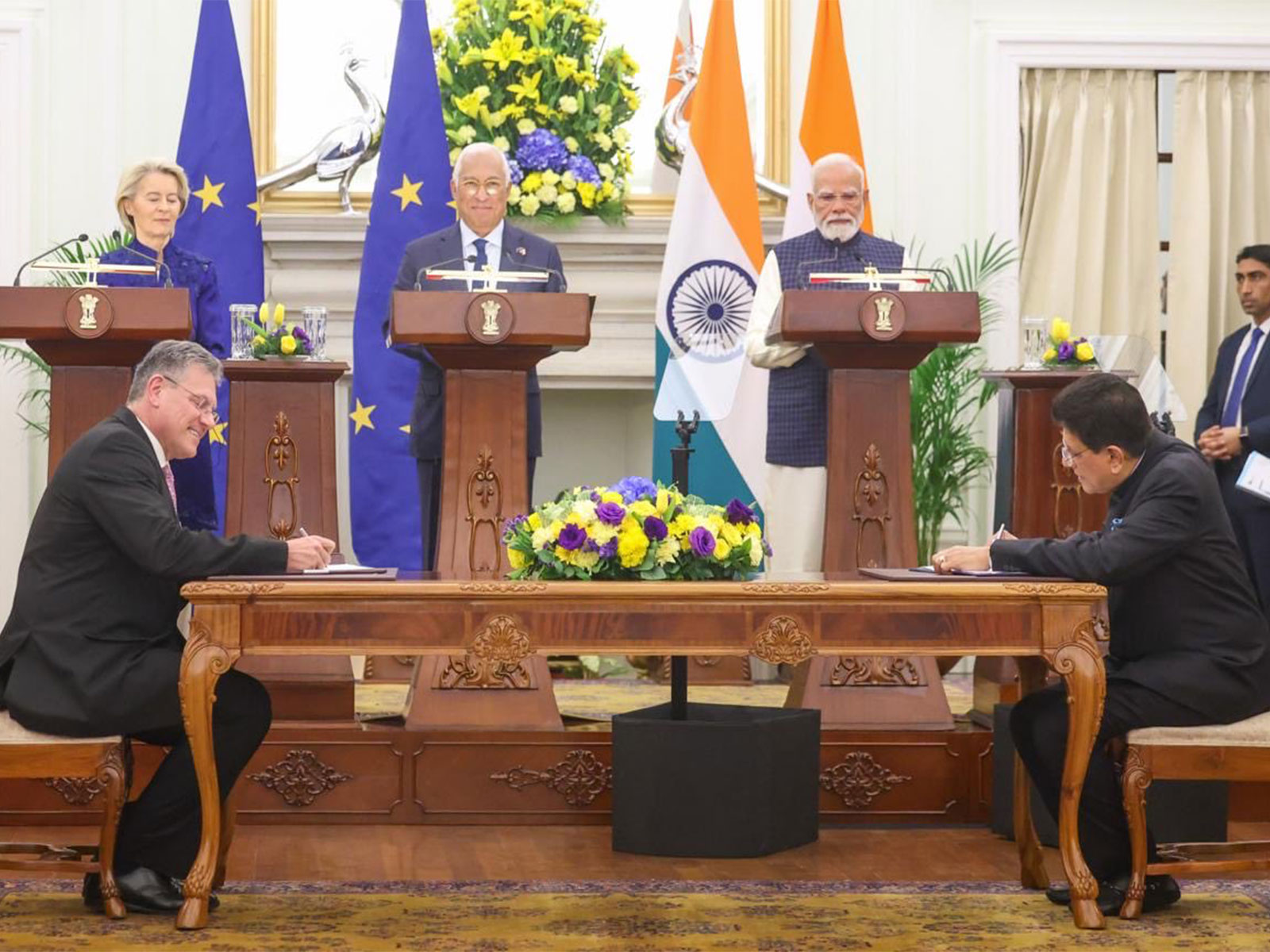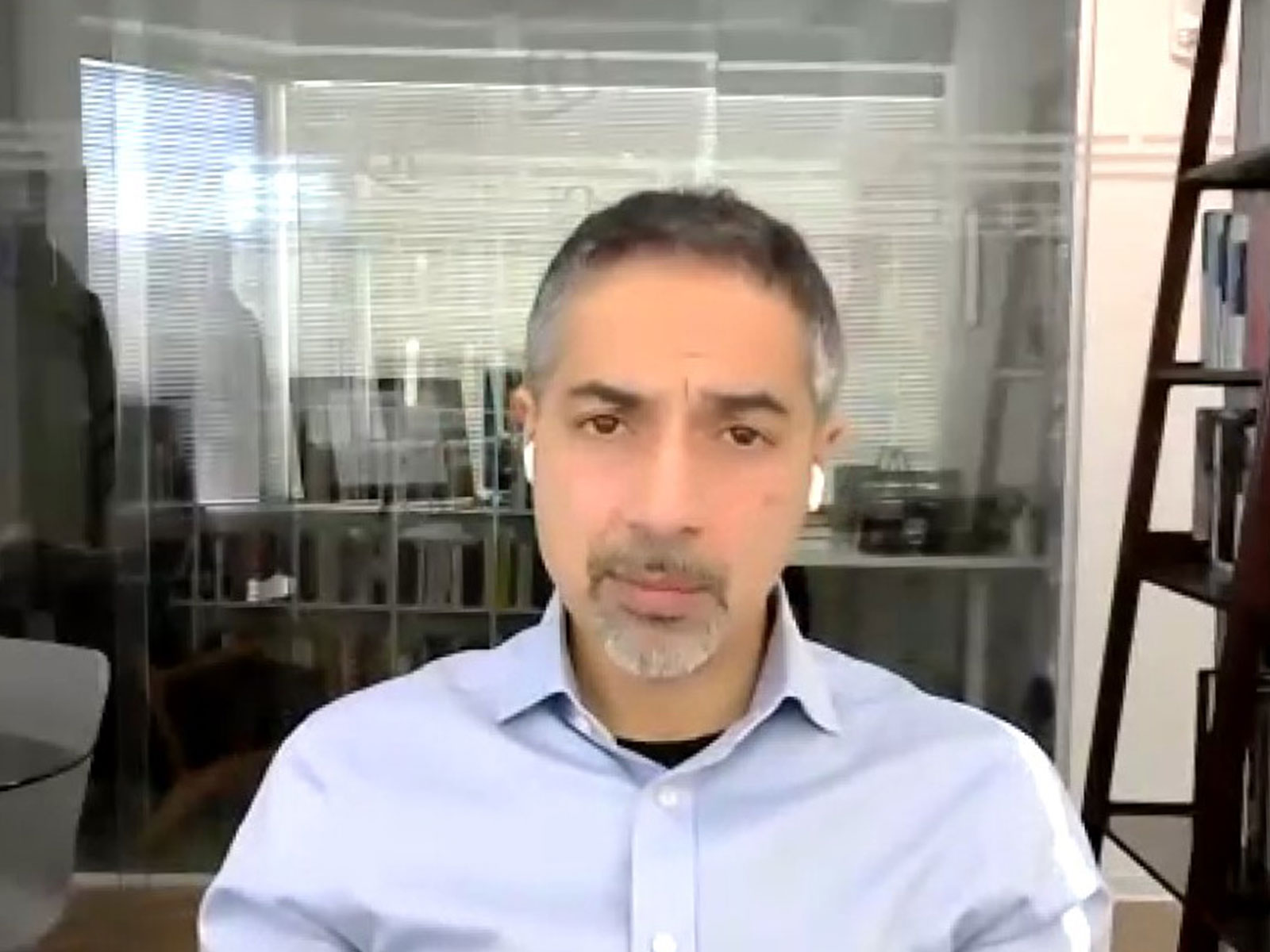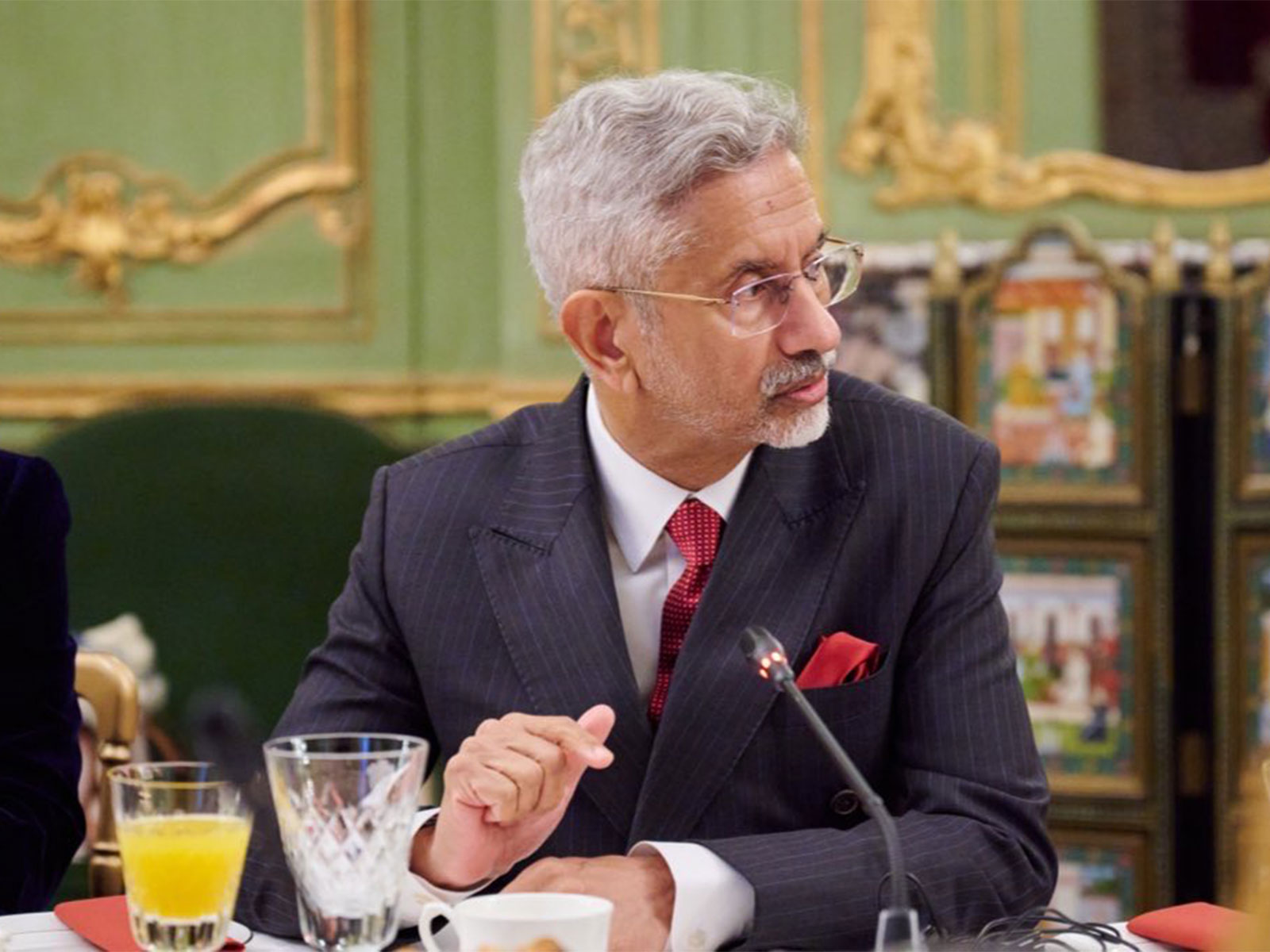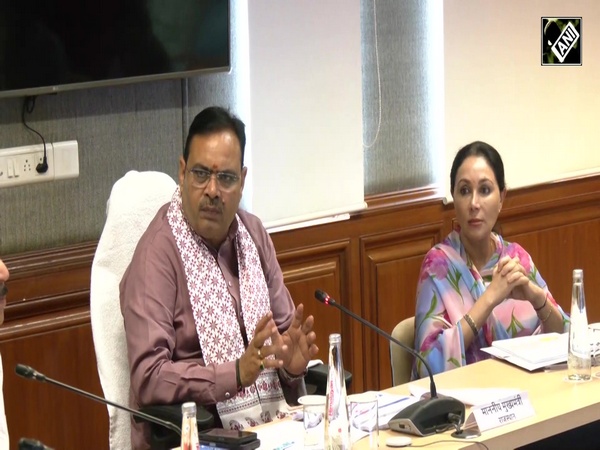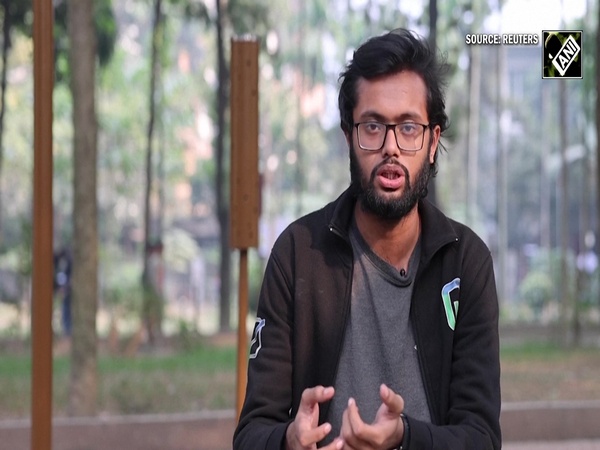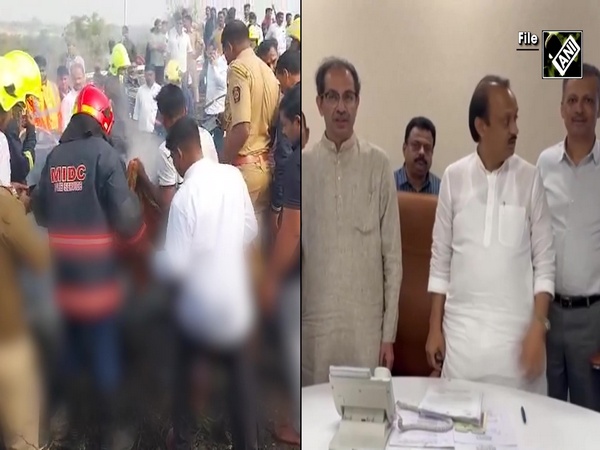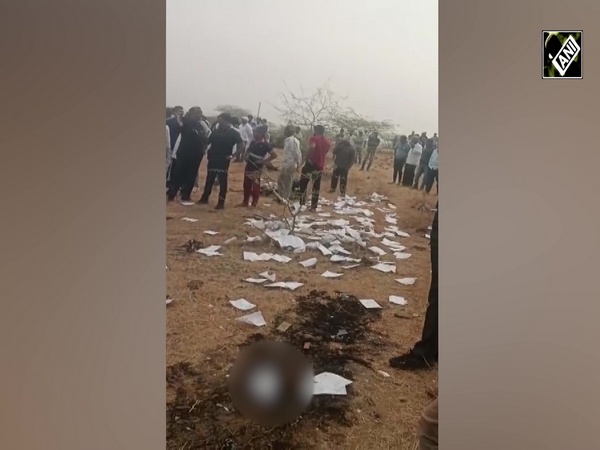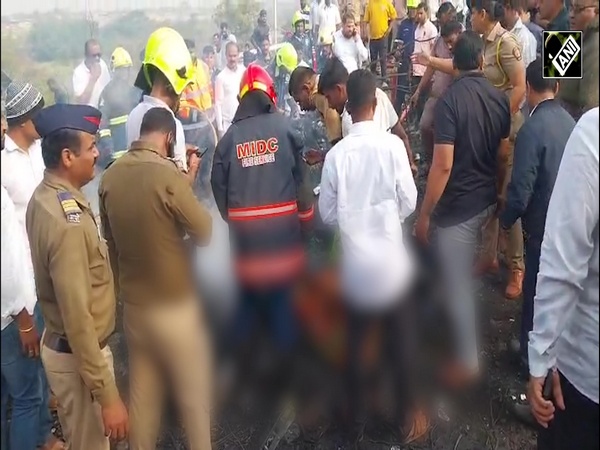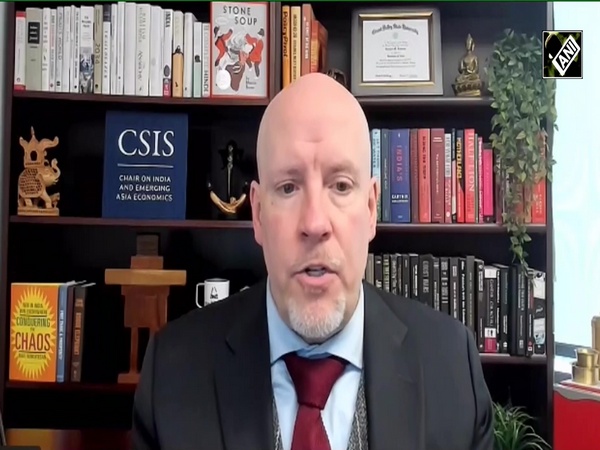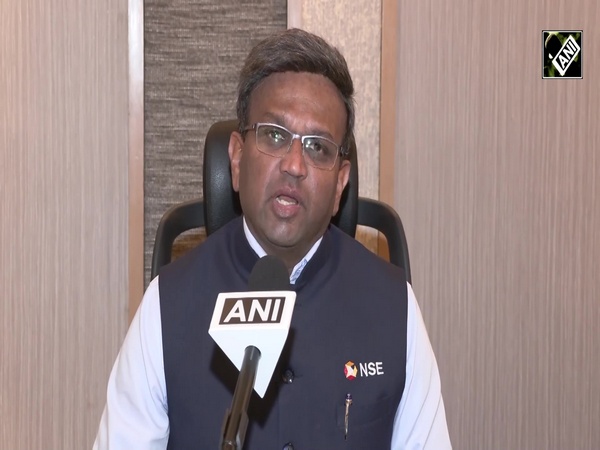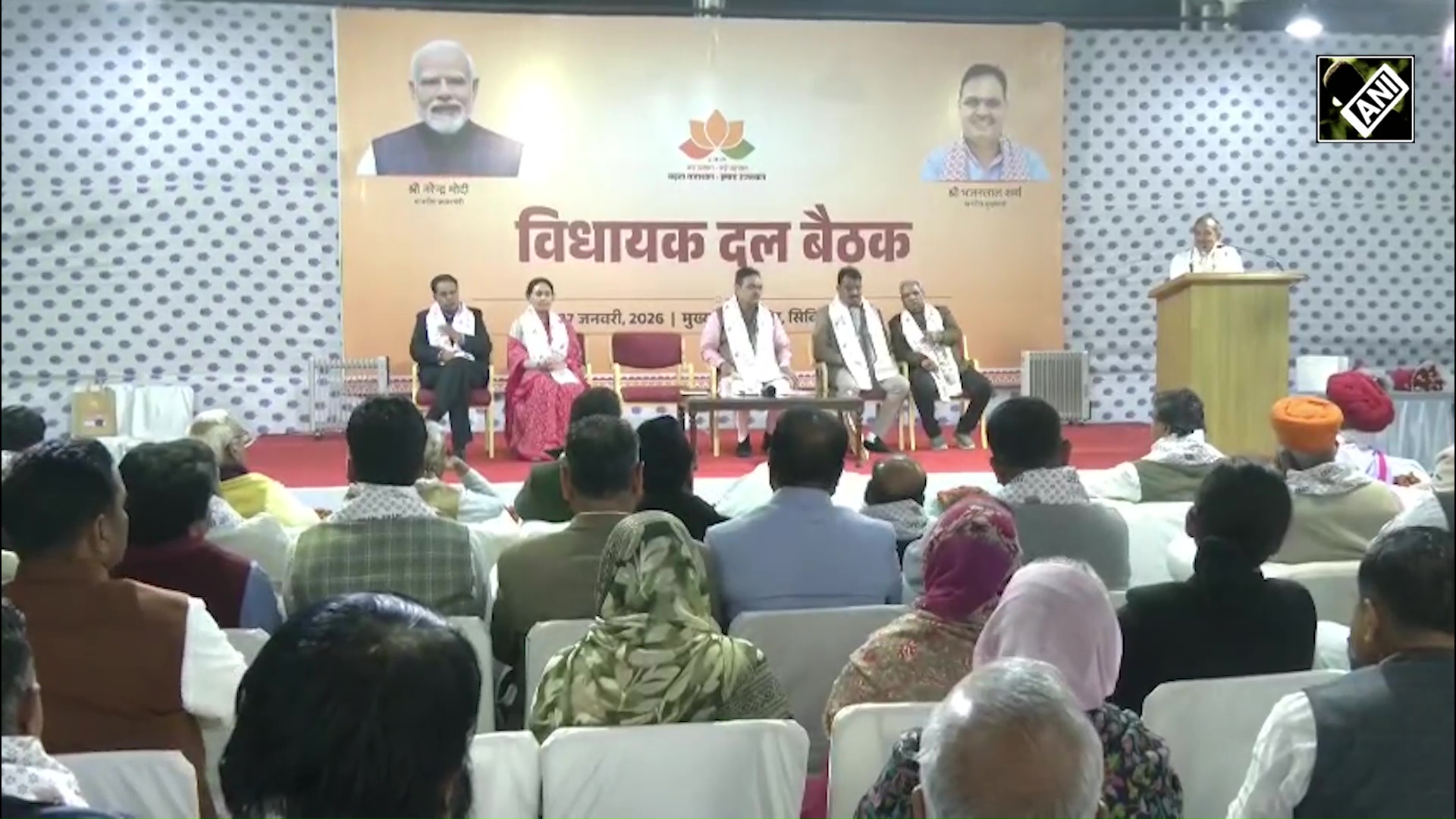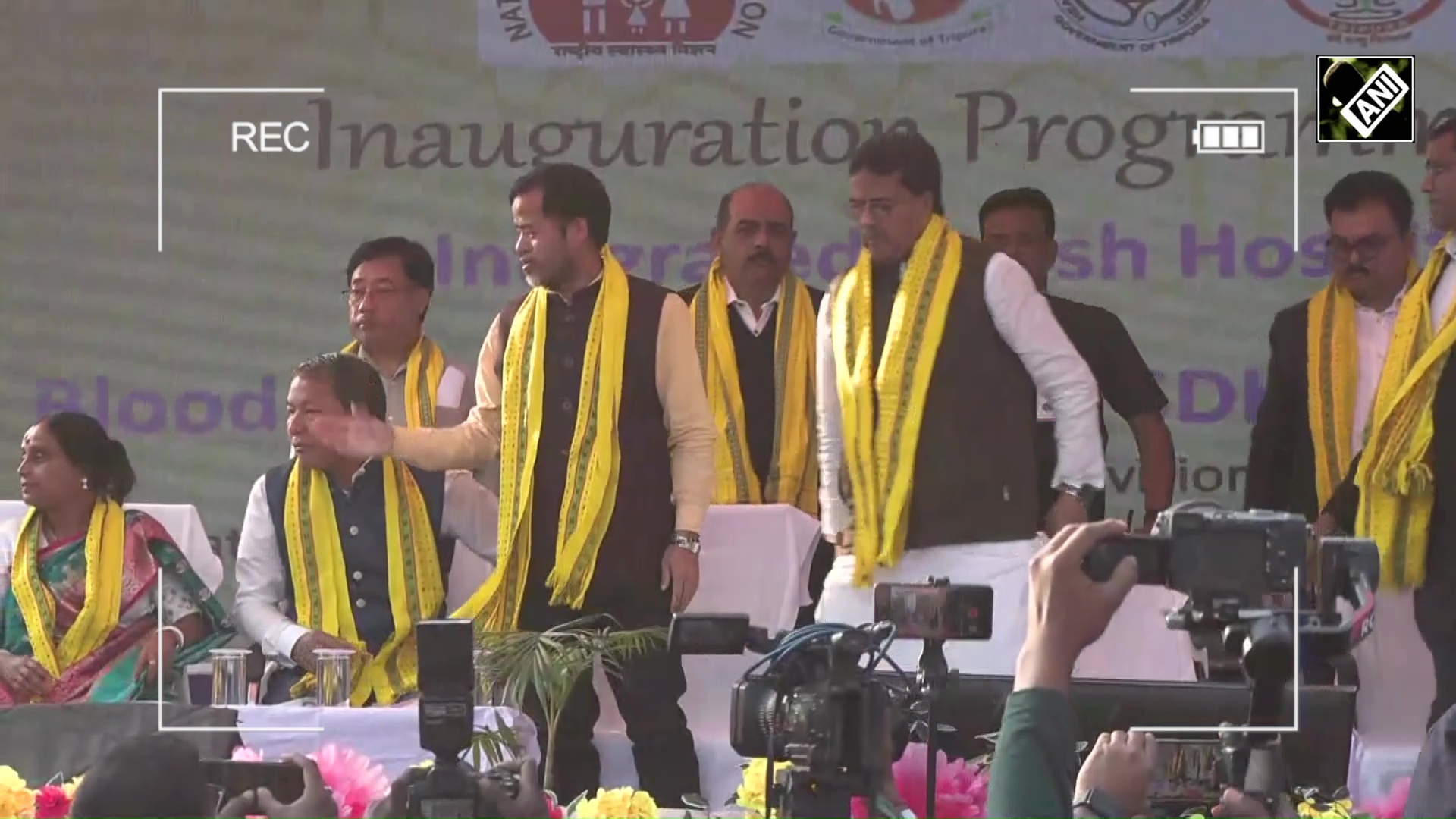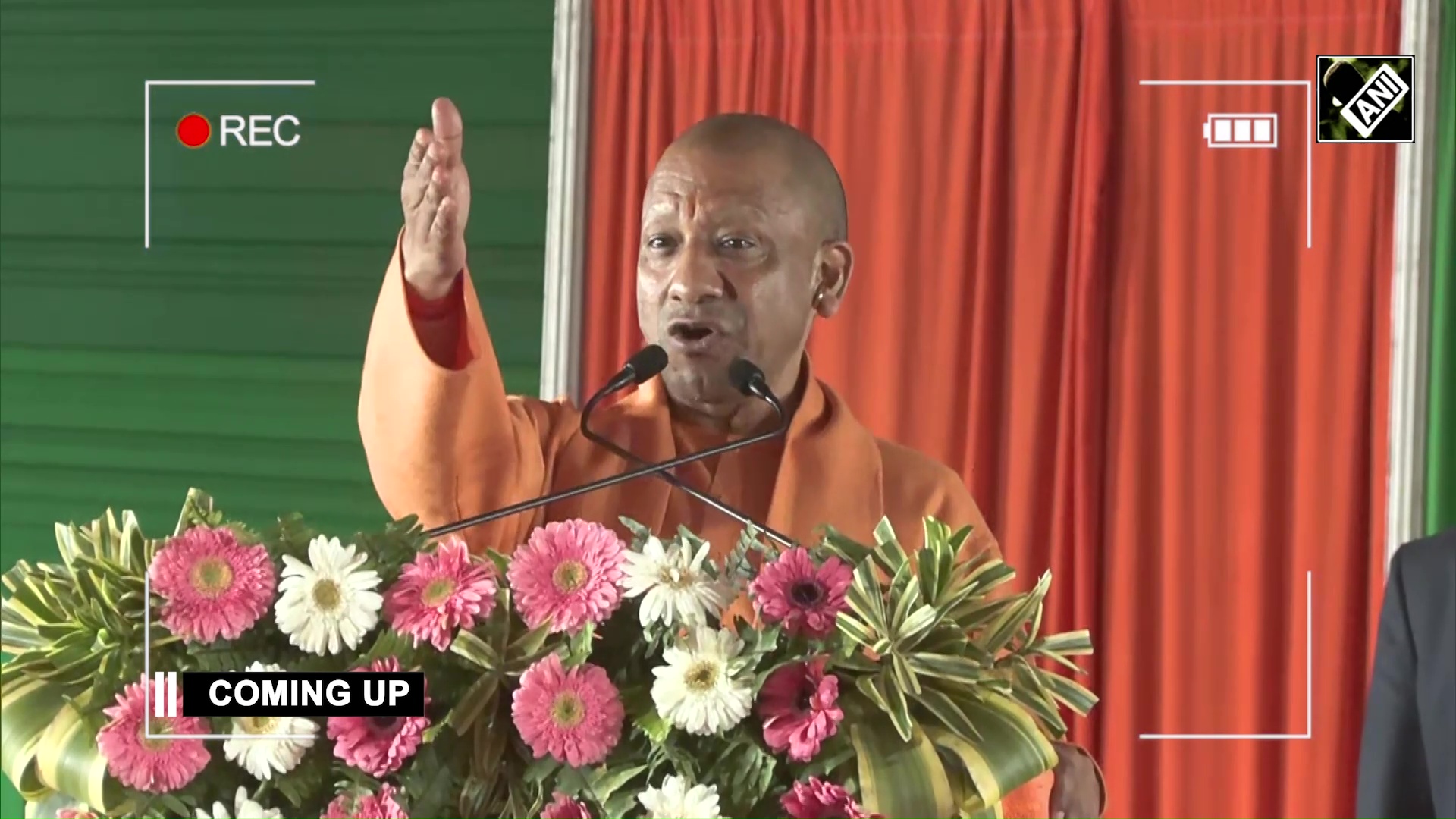Bangladesh: Students in Dhaka take to streets to manage traffic
Aug 13, 2024

Dhaka [Bangladesh], August 13 : The streets of Dhaka are witnessing a peculiar sight. Dozens of students have taken to manage traffic in the capital city of Bangladesh, which witnessed a violent uprising that led to Shiekh Hasina resigning her position as Prime Minister and the formation of an interim government led by Nobel Peace Laureate Muhammad Yunus.
The protests, originally sparked by demands for a revised quota system, saw thousands of students from various universities and educational institutions pour onto the streets, demanding changes from the previous Awami League government, led by Hasina.
The violent protests lasted for months and in the last few weeks several deaths were reported by local media reports.
With the formation of an interim government in Dhaka, led by Yunus, the students have now stepped up to manage the traffic outside the Parliament of Bangladesh, where heavy traffic has been reported.
Students from diverse backgrounds, including engineering, medical, and other fields, are volunteering to manage the traffic.
Bashir, a student volunteer manning traffic near the Bangladesh Parliament building, said since universities and schools are closed for now, students have stepped in to manage the traffic.
"We are more than 50 students, managing traffic here...Police will also come and manage it as we also have to return to our studies. At the moment, the schools and colleges are closed...but, police will come soon," he said.
Bashir also said that elections in Bangladesh should be held.
"For now, to run the country only we are availaible. (Abhi filhaal desh chalane ke liye hum log hi hain). The movement was absolutely right. Elections should be held...," he said.
Protesters believe that their protests, which initially appeared to be ignored, may now receive the attention they deserve from the new interim government.
Students expect that authorities should not only address their demands but also work towards making Bangladesh a democratic nation.
Sheikh Hasina left Bangladesh on August 5 after submitting her resignation amid escalating protests. The protests, initially driven by students against the government job quota system, evolved into broader anti-government demonstrations.
The protests erupted in early July due to demands for reforming the quota system that reserves civil service jobs for specific groups, including descendants of 1971 war veterans.
Muhammad Yunus, a Nobel laureate economist, was sworn in as head of Bangladesh's interim government on August 8, just three days after Hasina's resignation.
